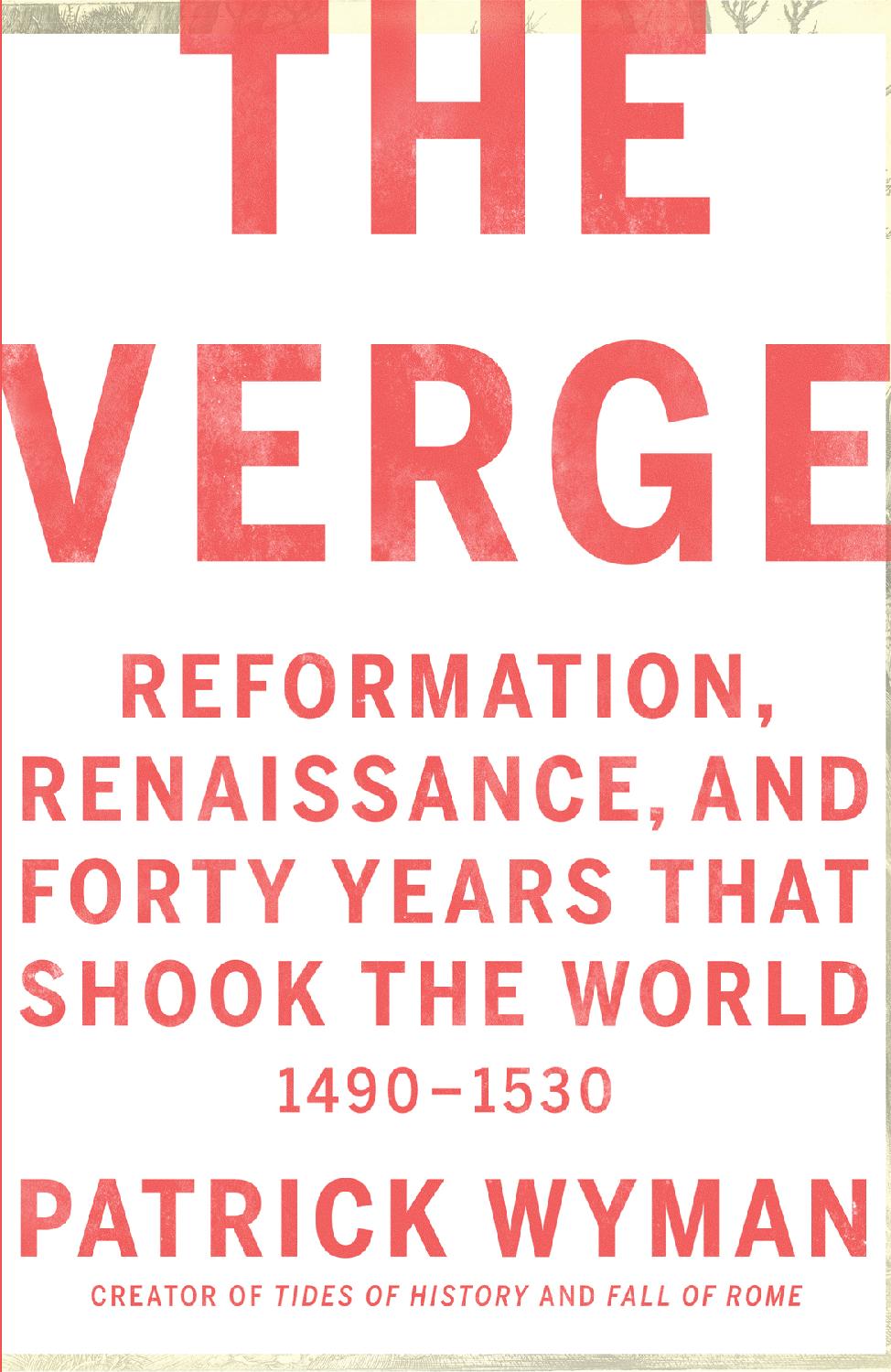

Most ebook files are in PDF format, so you can easily read them using various software such as Foxit Reader or directly on the Google Chrome browser.
Some ebook files are released by publishers in other formats such as .awz, .mobi, .epub, .fb2, etc. You may need to install specific software to read these formats on mobile/PC, such as Calibre.
Please read the tutorial at this link: https://ebookbell.com/faq
We offer FREE conversion to the popular formats you request; however, this may take some time. Therefore, right after payment, please email us, and we will try to provide the service as quickly as possible.
For some exceptional file formats or broken links (if any), please refrain from opening any disputes. Instead, email us first, and we will try to assist within a maximum of 6 hours.
EbookBell Team

4.8
94 reviewsIn the bestselling tradition of The Swerve and A Distant Mirror, The Verge tells the story of a period that marked a decisive turning point for both European and world history. Here, author Patrick Wyman examines two complementary and contradictory sides of the same historical coin: the world-altering implications of the developments of printed mass media, extreme taxation, exploitative globalization, humanistic learning, gunpowder warfare, and mass religious conflict in the long term, and their intensely disruptive consequences in the short-term.
As told through the lives of ten real people--from famous figures like Christopher Columbus and wealthy banker Jakob Fugger to a ruthless small-time merchant and a one-armed mercenary captain--The Verge illustrates how their lives, and the times in which they lived, set the stage for an unprecedented globalized future.
Over an intense forty-year period, the seeds for the so-called "Great Divergence" between Western Europe and the rest of the globe would be planted. From Columbus's voyage across the Atlantic to Martin Luther's sparking the Protestant Reformation, the foundations of our own, recognizably modern world came into being. For the past 500 years, historians, economists, and the policy-oriented have argued which of these individual developments best explains the West's rise from backwater periphery to global dominance. As The Verge presents it, however, the answer is far more nuanced.